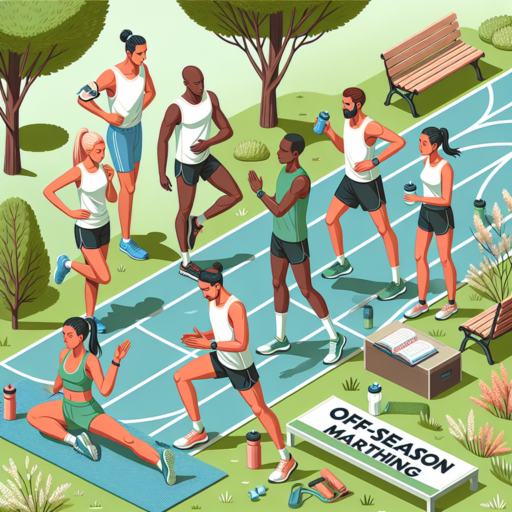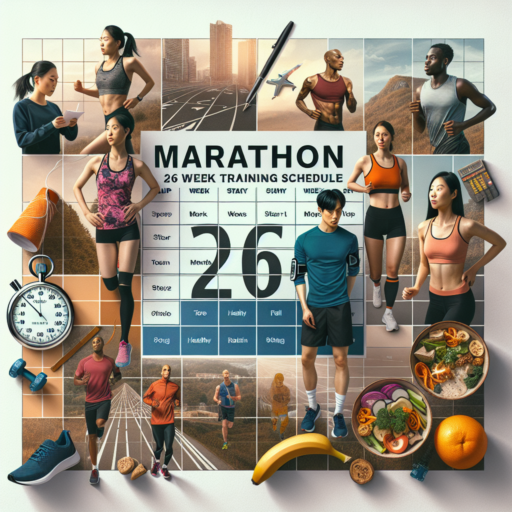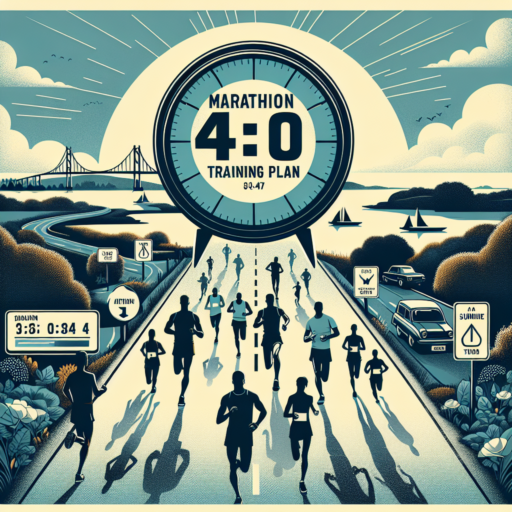How many months to train for the NYC Marathon?
Training for the NYC Marathon is a commitment that requires careful planning and dedication. The amount of time you’ll need to prepare thoroughly depends on your current fitness level, running experience, and personal goals. Generally, a standard marathon training plan ranges from 16 to 20 weeks, or about 4 to 5 months, for runners who already have a base level of fitness and some experience with long-distance running.
For complete beginners or those who are relatively new to running, aiming for at least 6 months of training may be advisable. This extended period allows for a gradual increase in mileage, helping to prevent injury and build endurance in a sustainable way. During this time, incorporating various types of workouts, such as long runs, speed work, and rest days, is crucial for balanced training.
It’s important to listen to your body throughout the training process. Adjustments may be necessary based on how you’re feeling physically and mentally. Customizing your training plan to fit your personal needs, and possibly consulting with a running coach, can help you prepare effectively for the marathon challenge ahead.
How can you qualify for the NYC Marathon?
Qualifying for the NYC Marathon is an accomplishment that thousands of runners aim for each year. This prestigious event requires participants to meet specific criteria to secure their spot at the starting line. Understanding these requirements can help you plan and achieve your goal of running through the streets of New York City.
Time Qualifiers
One of the most straightforward paths to qualification is through time qualifiers. Runners must achieve certain finish times in their age and gender categories at officially recognized races. These times are set by the New York Road Runners (NYRR) and are designed to identify those who are at a competitive running level. Checking the latest standards on the NYRR website is crucial, as these times are subject to change.
Charity Runners
For those who may not meet the time qualifications, another viable option is to run for a charity. The NYC Marathon offers entry through its Official Charity Partner Program. Participating in this program involves raising funds for one of the approved charities, providing a meaningful opportunity to contribute to a cause while securing your marathon spot. Prospective participants should connect with their chosen charity early, as spots are often limited and require a commitment to fundraising targets.
Each of these paths to qualification requires planning, dedication, and often, a bit of patience. Whether through achieving a qualifying time or supporting a valuable cause, securing your place in the NYC Marathon is an achievement that sets the stage for an unforgettable experience.
How should a beginner train for a marathon?
Training for a marathon as a beginner can seem daunting, but breaking it down into manageable steps can significantly ease the journey. It is essential to start with a solid foundation, focusing on gradual mileage increase, consistency, and adequate recovery periods to avoid injury and burnout. Before embarking on this ambitious endeavor, assessing your current fitness level and consulting with a healthcare professional can provide personalized guidance suited to your unique needs.
Building a Solid Foundation
For beginners, the key to successful marathon training lies in gradually building endurance. Start by incorporating regular short runs into your weekly routine, gradually increasing the distance as your stamina improves. Consistency is more crucial than speed or distance at this stage. Incorporating strength training and flexibility exercises, such as yoga or Pilates, can also enhance your running performance and reduce the risk of injuries.
Developing a Training Plan
Creating a structured training plan that slowly increases mileage allows beginners to progress safely. Most training plans start with shorter runs and build up to the full marathon distance over several months. Rest days and lighter running days should be incorporated into your schedule to allow for adequate recovery. Additionally, participating in shorter races, such as 5Ks or half-marathons, can serve as excellent training milestones and boost your confidence.
Remember, listening to your body is pivotal throughout the training process. Pushing yourself too hard too soon can lead to setbacks. It’s important to adjust your training plan based on how your body reacts and to ensure you’re getting enough rest and proper nutrition to support your running goals. With patience and dedication, even a beginner can cross the marathon finish line feeling strong and accomplished.
No se han encontrado productos.
How hard is it to get into the New York Marathon?
Getting into the New York Marathon can indeed be a challenging endeavor for many runners, both seasoned and amateur. This iconic event draws applicants from across the globe, making the competition stiff and the qualification process somewhat daunting. With various entry methods available, understanding the complexities of each can significantly impact a runner’s chances of securing a spot.
Qualifying by Time
One of the most straightforward paths to gaining entry into the New York Marathon is by meeting the time qualification standards. These standards are quite competitive, reflecting the elite nature of the event. Runners must have completed a marathon or half-marathon within certain times, specific to their age and gender, in officially sanctioned races. Achieving these qualifying times does not guarantee entry but grants access to a non-guaranteed drawing, where a select number of qualifiers are chosen.
Lottery Entry
For many, the lottery represents the best chance of participating in the New York Marathon. Each year, tens of thousands of hopefuls enter the drawing, with only a fraction earning a spot. The lottery’s randomness ensures that all runners, regardless of their speed or past marathon finishes, have a chance. However, the odds can be slim, with recent years seeing application acceptance rates hovering around 16-18%. This method does not require previous marathon experience or specific running achievements, making it accessible but challenging due to its unpredictability.




